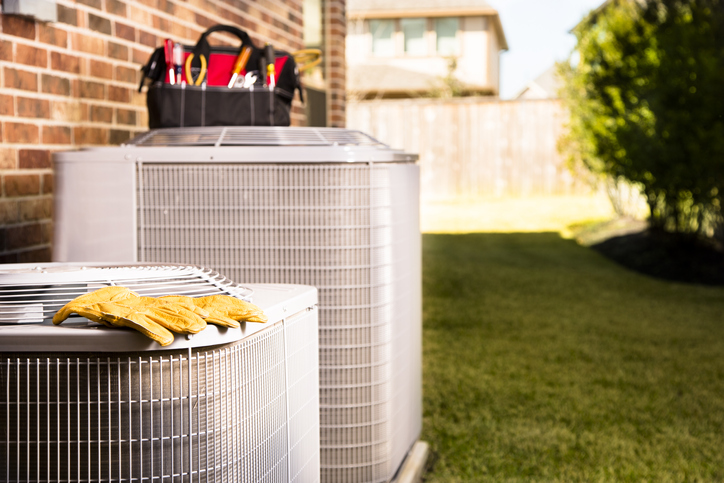Whether you live in an apartment or house, air conditioning is likely an amenity you utilize daily. Since our AC systems are an important part of our modern lives, people are always looking for new and convenient ways to get the most out of their air conditioning units. Unfortunately, over the years, as people experiment with different ways to optimize their AC use, myths and misconceptions about air conditioning have begun to be accepted by the general public as fact. Today, our AC company would like to address and debunk some of the most common myths we hear floating around. Read on to discover the truth about the most popular AC myths.
Need air conditioner service? Contact Spoor's Heating & Air Conditioning today to schedule service from our HVAC technicians!

Closing Vents In Unused Rooms Saves Money
Many of the most pervasive AC myths propose simple strategies for saving money on utility bills. One such money-saving method encourages homeowners to close vents in rooms they rarely use. The idea behind this myth is that closing off vents to unused rooms will reduce energy consumption by giving one's AC system a smaller area to cool. However, the truth is closing vents will interfere with air circulation, extend the amount of time it takes to cool one's home, and possibly increase energy costs by causing the AC system to work harder.
Turning The AC Off When Leaving Saves Money
At one point or another, you've likely heard that turning off the AC when leaving the house will reduce energy consumption and save money. However, unless you plan on being gone for an extended time, turning off your AC when you leave the house can end up costing you more money. This is because if you shut off your AC before leaving for work and then turn it back on when you return home, your AC system will have to work harder to cool your home back down to your set temperature. So rather than turning your AC entirely off when you leave, try turning it up by just a few degrees.
Ceiling Fans Lower Room Temperature
Many people believe that turning on their ceiling fan can cool the room's temperature down nearly as effectively as they could using their air conditioner. Some even encourage fellow homeowners to turn off their AC and merely let their ceiling fans cool their homes. Unfortunately, this doesn't work. Ceiling fans have no actual cooling capacity. Instead, they simply move air around to provide a cool breeze. In reality, fans can't compete with the cooling capabilities of air conditioners.
Air Filters Only Need Changing Once A Year
As a general rule, air filters should be replaced every three months, at least. However, if you have serious allergies or pets, you should change your air filter every 30–45 days. Dirty filters block airflow and reduce a system's efficiency and performance significantly, so don't worry about having to pay extra for new filters every few months, as doing so will save you money on energy costs in the long run. For specifics on replacement dates, check your filter's instructions.
